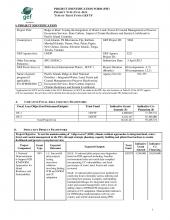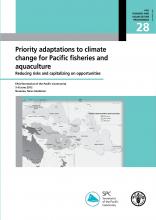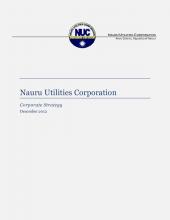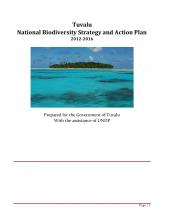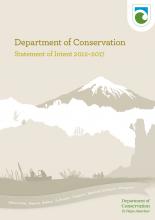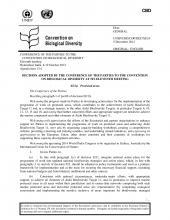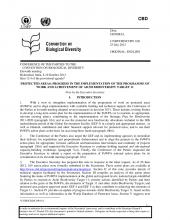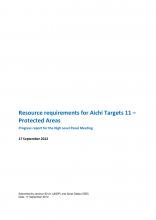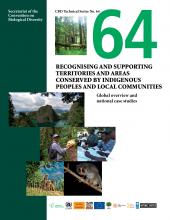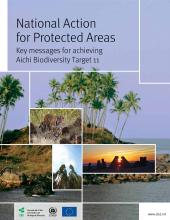Recognising and Supporting Territories and Areas Conserved by Indigenous Peoples and Local Communities
Corrigan, Colleen,
,
Jonas, Harry
,
Kothari, Ashish
,
Neumann, Aurélie
,
Shrumm, Holly (eds.)
2012
Indigenous peoples and local communities have managed and protected a variety of natural environments and species for a variety of reasons, cultural, spiritual and aesthetic, as well as socio-economic. Today, there are many thousands of indigenous territories and other areas conserved by indigenous peoples and local communities across the world. Indigenous peoples and local communities conserved territories and areas (ICCAs) are natural and/or modified ecosystems containing significant biodiversity values, ecological services and cultural values, voluntarily conserved by indigenous peoples and local communities, both sedentary and mobile, through customary laws or other effective means. They help maintain genetic diversity, conserve threatened species, and provide corridors for species movements. The cultural and economic livelihoods of millions of people depend on them for securing resources such as energy, food, water, fodder, shelter, clothing, and for providing income. ICCAs contribute to global food security by conserving important crop wild relatives, and traditional and threatened landraces. ICCAs play a critical role in ensuring access and respecting rights to customary sustainable use of biodiversity and also provide a fertile classroom for the passing on of inter-generational environmental knowledge, innovations and practices.
